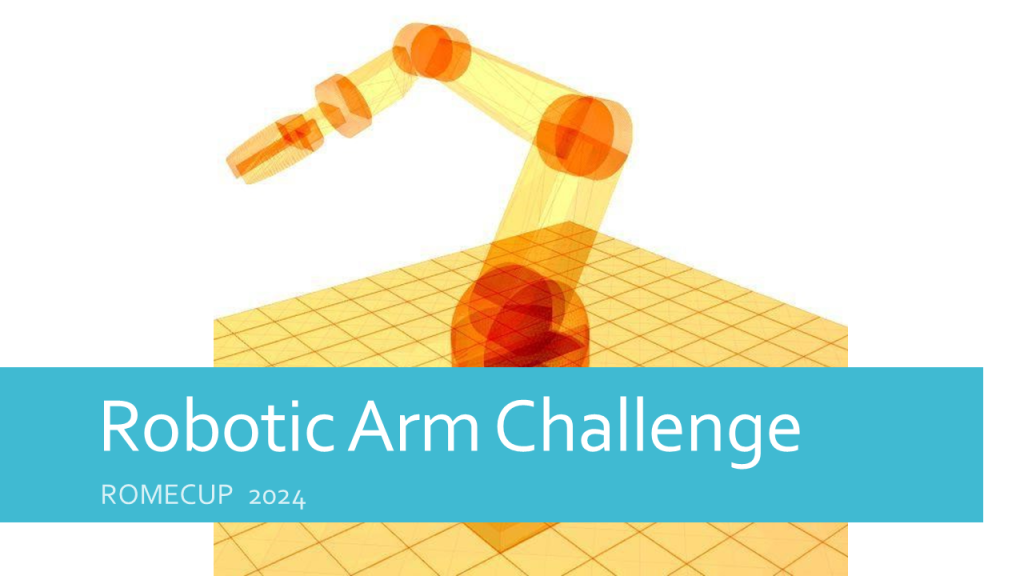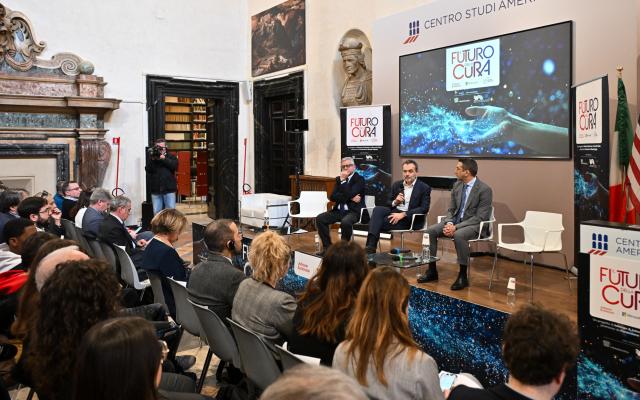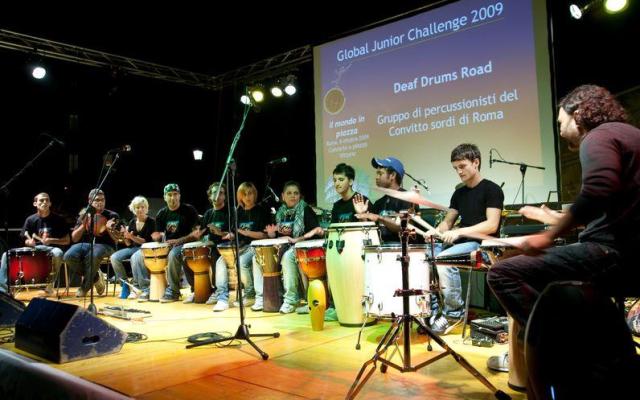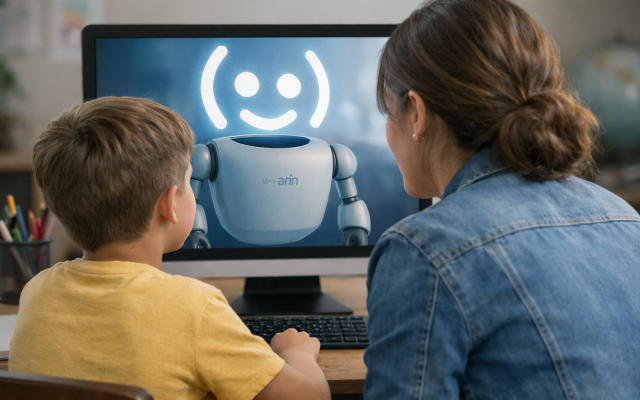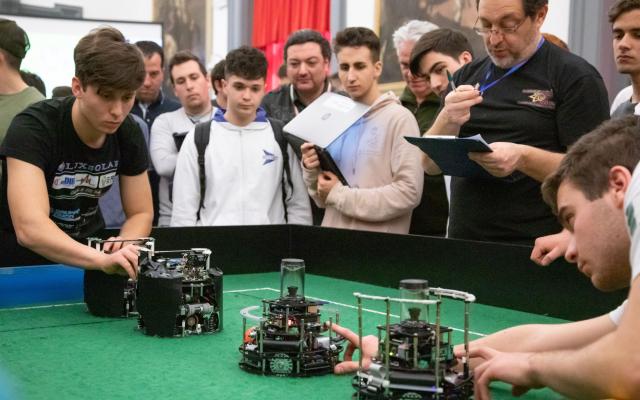The Robotic Arm Challenge: regulations for the six categories
Last year, at RomeCup 2023, we launched a new challenge dedicated to robotic arms with a first pilot edition, promising that it would be "institutionalised" for the 2024 edition. And here we are ready to present the Robotic Arm Challenge which provides students with the opportunity to compare and enhance their technical-creative skills in an inclusive environment. Teams may participate in the following ways:
- Single team challenge - for teams working independently.
- Contest challenge – for teams that develop their project with a university.
There will be six categories (see regulations for further details):
- Collaborative Robotic Arm: collaborative arms that help humans in activities, including games;
- Smart Arm: intelligent robotic arms that can work independently and interactively;
- Virtual Competition: arm movements are replicated on a simulation platform;
- Robotic Arm Makers: a robotic arm entirely designed, developed, and documented;
- Micro Arm: robotic arms with an extension of nor more than 30 cm;
- Single Module: design of individual components for robotic arms.
The teams must present their robotic arms in great detail, explaining the features required by the specific challenge category. To this end, the teams must produce digital documentation and provide a demo. Each team will have an exhibition space (2 m x 2 m x 2 m) equipped with electricity. Each team will carry out its activities in maximum safety. The robotic arm must be anchored to a stable base, power supplies must be housed so not to hinder movements, the dissipation of the active elements must be reduced to a minimum, and arm movements must never be hindered by surrounding people ...
The evaluation commission will assess the projects and the team presentation, question the team, and complete an evaluation form, based on the reference indicators for each category.
Please remember that the contest dedicated to robotic arms was born from the collaboration of two schools excelling ibn robotics: IIS Avogadro of Vercelli with the Prof. Luca Oliva and IISS Licei “Canudo-Marone” - ITT “Galilei with Prof. Umberto Chimenti. "The various teaching activities that can be conducted with robotic arms, ranging from device usage to their design and implementation, arouse great interest in students and have excellent feedback on learning," explain the professors.
For the regulation, in particular, we would like to thank Professor Luca Oliva, for his precious work on the document. The Professor teaches Computer Science at the Istituto Superiore di Vercelli and Santhià, which is directed from this year by Rossella Talice.
